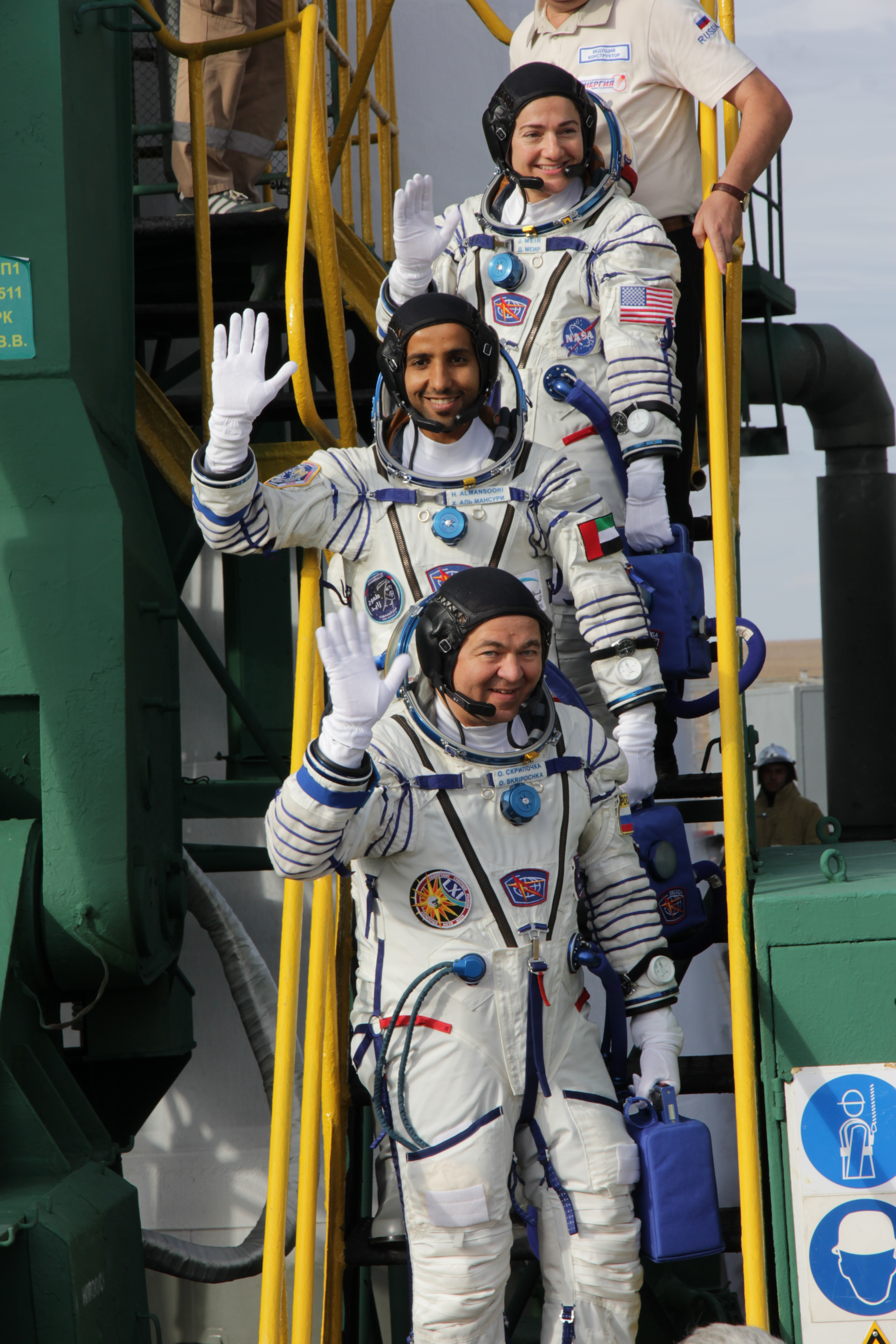 Watch the video here.
Watch the video here.
Aleph Farms’ production method of cultivated beef steaks relies on mimicking a natural process of muscle-tissue regeneration occurring inside the cow’s body, but under controlled conditions. Within the framework of this experiment on 26 September on the Russian segment of the ISS, a successful proof of concept has been established in assembling a small-scale muscle tissue in a 3D bioprinter developed by 3D Bioprinting Solutions, under micro-gravity conditions. This cutting-edge research in some of the most extreme environments imaginable, serves as an essential growth indicator of sustainable food production methods that don’t exacerbate land waste, water waste, and pollution. These methods aimed at feeding the rapidly growing population, predicted to reach 10 billion individuals by 2050.
In a historic report published on 10 September 2019, the Intergovernmental Panel on Climate Change, established by the United Nations, has emphasised the integral contribution of the conventional animal farming methods on climate change, creating “a challenging situation worse and undermining food security.” The 107 authors who contributed to the report have shed light on climate change effects on land, especially desertification, land degradation, and diminishing availability of food supplies.
“In space, we don’t have 10,000 or 15,000 litres of water available to produce 1 kg of beef,” says Didier Toubia, Co-Founder and CEO of Aleph Farms. “This joint experiment marks a significant first step toward achieving our vision to ensure food security for generations to come, while preserving our natural resources. This keystone of human achievement in space follows Yuri Gagarin’s success of becoming the first man to journey into outer space, and Neil Armstrong’s 50th anniversary this year, celebrating the moment when the first man walked on space,” Toubia concludes.
 “The mission of providing access to high-quality nutrition anytime, anywhere in a sustainable way is an increasing challenge for all humans,” adds Jonathan Berger, CEO of The Kitchen. “On Earth or up above, we count on innovators like Aleph Farms to take the initiative to provide solutions to some of the world’s most pressing problems, such as the climate crisis.”
“The mission of providing access to high-quality nutrition anytime, anywhere in a sustainable way is an increasing challenge for all humans,” adds Jonathan Berger, CEO of The Kitchen. “On Earth or up above, we count on innovators like Aleph Farms to take the initiative to provide solutions to some of the world’s most pressing problems, such as the climate crisis.”

